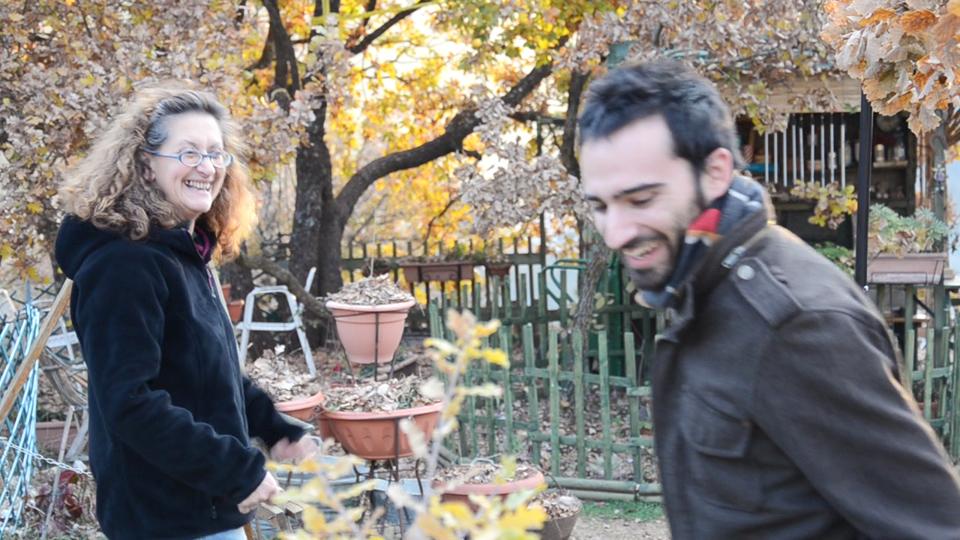Everything is still there, unaltered. Skirts hanging in open wardrobes in gutted houses; books fallen from the shelves and perched in the void, and vests hung out to dry on miraculously still taut washing lines, fluttering over the mountains of debris and red tape. Dozens of injunctions, rulings, orders, clarifications, amendments and specifications piled on top of each other have formed a pile that is crazier and more abnormal than certain inordinate scaffoldings made of Innocenti pipes and joints, which sometimes look more the hare-brained work of an avant-garde artist than a safety structure.
Three years after the earthquake, this is Gian Antonio Stella and Sergio Rizzo's "snapshot" of the situation in L'Aquila for a recent article published in the Corriere della Sera newspaper.
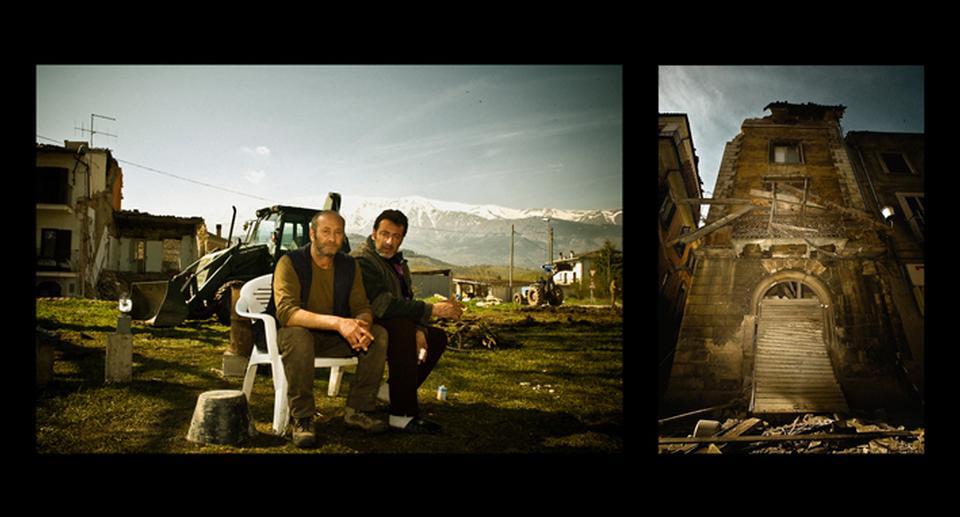
These might just offer the solution to restoring the community of L'Aquila, which now appears to have been completely forgotten by the politicians and the creative and design world alike, totally "removed from the Italian conscience", as Stella and Rizzo say. Tired of a degrading and inefficient welfare approach, all the city asks is to be given a chance to develop and carry forward its own design for renewal and redemption.
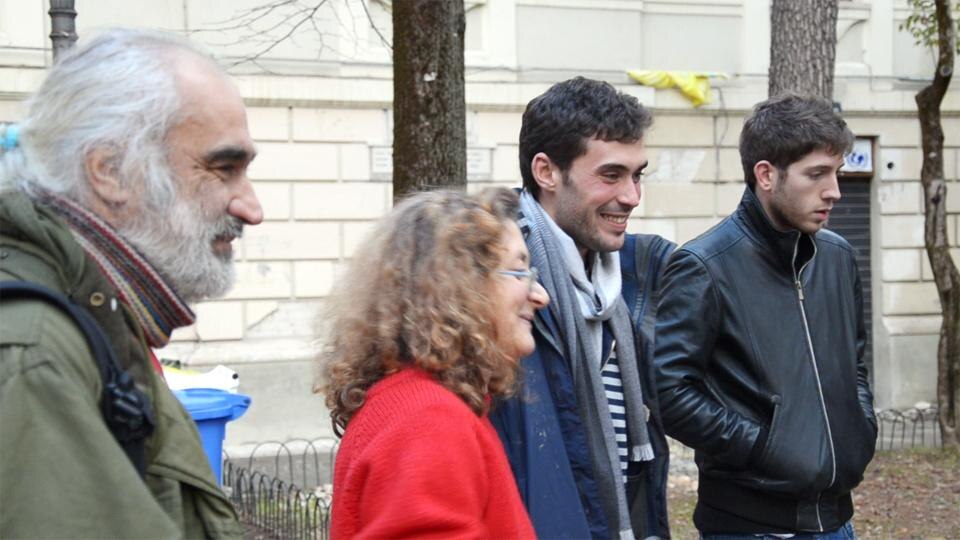
A proposal heading in an even more interesting direction, at least according to this writer, is one developed for his Design masters thesis by Francesco D'Onghia, a student of Milan Polytechnic, an institution that has, in recent years, conducted constant and major research on the city, work that, like many others, has passed unnoticed without receiving the media attention and support it deserves.
Instead of imagining a city of the future, we should perhaps enable the inhabitants and communities of L'Aquila to construct the city they want for their future
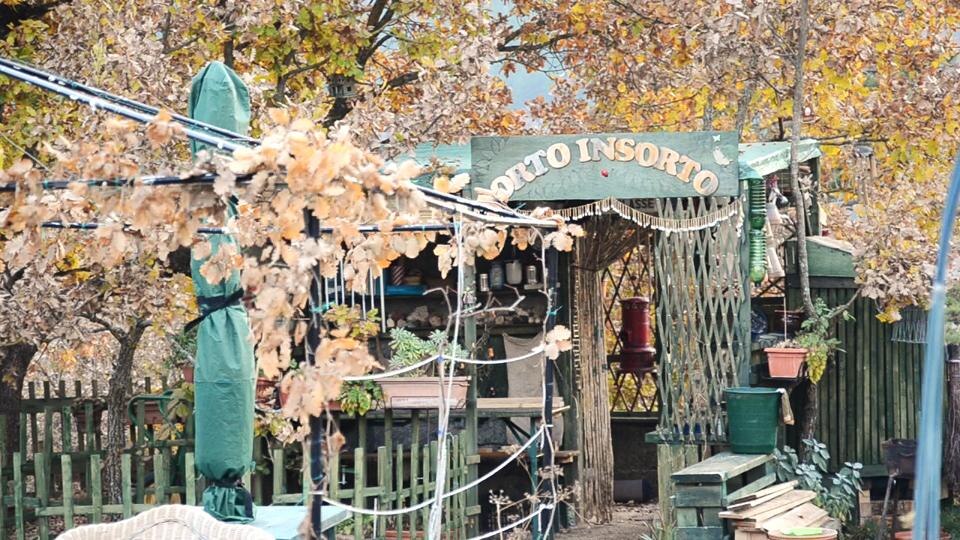
After a calamity, those living in an area know, more than all others, the true needs. What is often lacking is the means to manifest these needs, group them, highlight them and make the authorities responsible for the reconstruction aware of them.
The project was inspired by Francesco's personal experience in L'Aquila, where he met people, associations and collectives that, on different scales, from allotment to self-built village, as in the case of EVA — Eco Villagio Autocostruito [Autoconstructed Eco-Village], and with different skills, were carrying forward their reconstruction and renewal project.
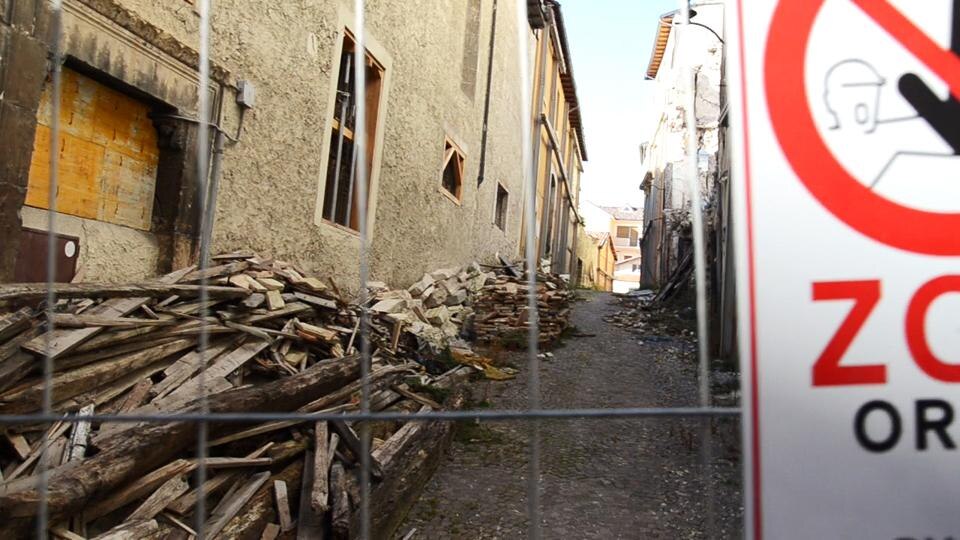
Instead of imagining a city of the future, we should perhaps enable the inhabitants and communities of L'Aquila to construct the city they want for their future. The city 2.0 may not be the simple application of a perfect and sustainable model, a technological utopia, but rather the solution that, with all the means available, satisfies the desires and needs of those living in that city.


